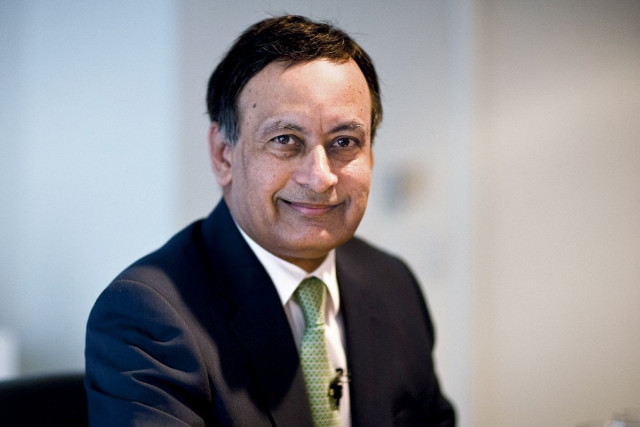Husain Haqqani cannot be brought back on contempt charges, SC told
Ahmer Bilal Soofi says the former ambassador could be brought back under international law

Hussain Haqqani. PHOTO: FILE
A three-member bench headed by Chief Justice of Pakistan (CJP) Mian Saqib Nisar was hearing the case.
Soofi apprised the court that the offence pertaining to an alleged misappropriation of the embassy fund could be pursued but the matter should be referred to the National Accountability Bureau (NAB) and Federal Investigation Agency (FIA) to bring Haqqani back through Mutual Legal Assistance (MLA).
In view of this offence, Haqqani could be arrested in US under the international law.
Justice Ijazul Ahsan remarked that the Foreign Office (FO) should take up the matter with US authorities to bring back Haqqani to the country.
SC orders govt to take necessary steps for Haqqani's repatriation
Soofi also recommended that FO should communicate SC's displeasure regarding Haqqani to US authorities.
On the other hand, Justice Umar Ata Bandial said the apex court is a judicial body working under the Constitution and it is imperative to take up the matter with US authorities.
Soofi also submitted a draft of amendments in FIA rules which could enable the agency to execute the MLA process currently being exercised by NAB.
Under that new power, any concerned agency can directly approach a foreign agency regarding any matter without involving FO.
The bench has sought a report from the federal government as well as NAB regarding Soofi's proposed draft.



















COMMENTS
Comments are moderated and generally will be posted if they are on-topic and not abusive.
For more information, please see our Comments FAQ